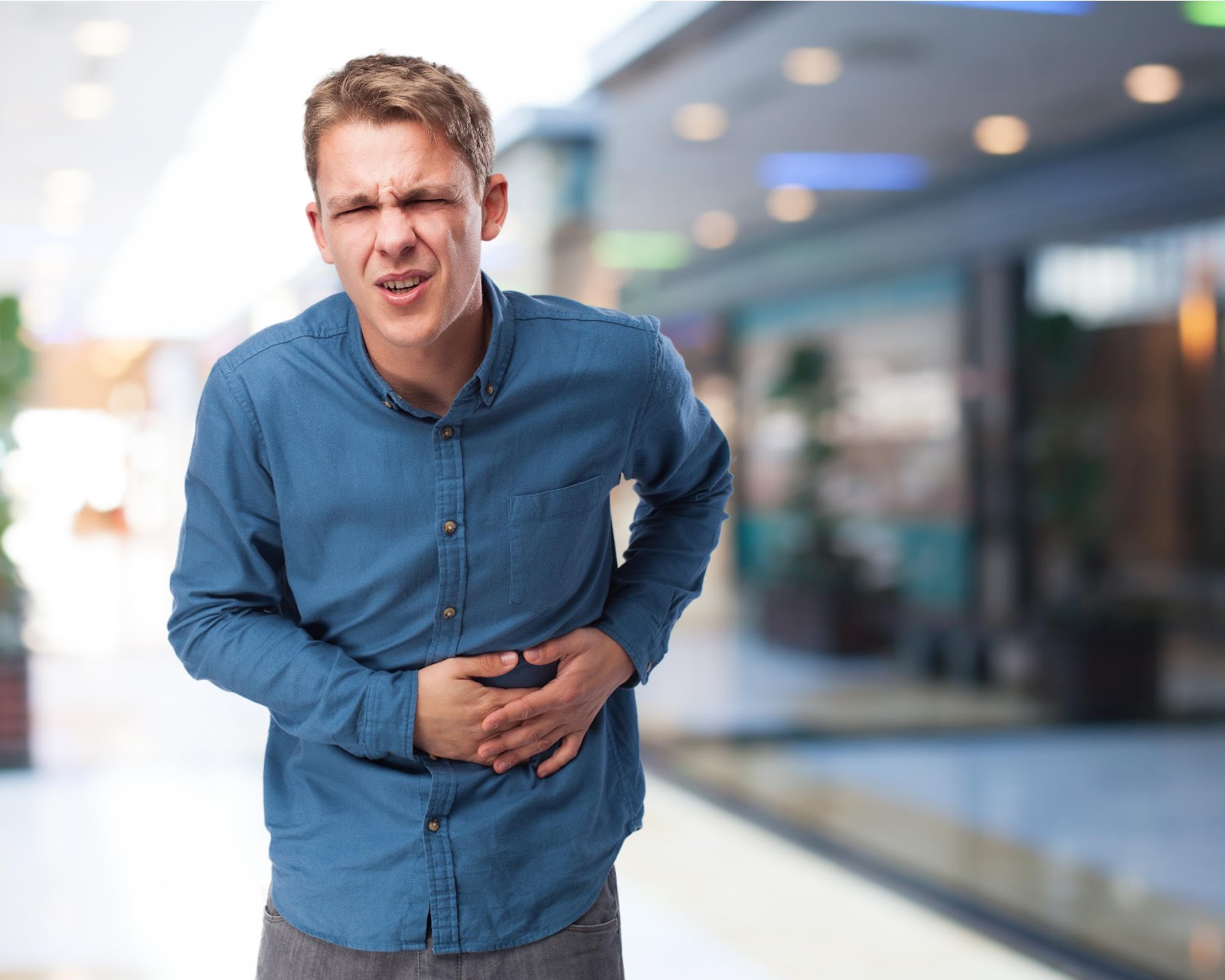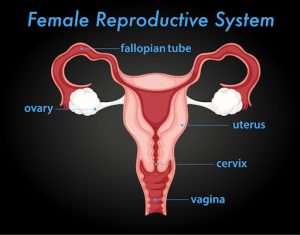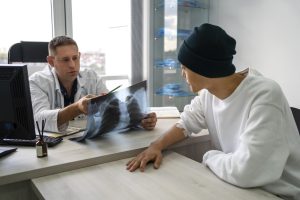Disclaimer:
This article is for information purposes only. It is not a substitute for medical advice or treatment. Seek medical care for your treatment.
What is diverticulitis?
Diverticulitis is swelling in your diverticula, that a small pockets that can occur on the inside of your colon. Diverticulosis is having diverticula. It is common as you grow older, and most individuals never encounter any issues with it. However, the enlargement of one of your diverticula might result in severe annoyance as well as other symptoms. It could mean that it has an infection that needs medical care.
What is diverticulosis?
Small sacs, or pouches, named diverticula sprout through weak areas in your colon. They usually occur in the colon’s lower section. You have these pockets if you have diverticulosis. The greater percentages of diverticulosis patients do not experience any symptoms or issues. Nevertheless, the pouches can occasionally become upset or produce symptoms.
How often does diverticulitis occur?
Diverticulosis is common as you grow older. Probably more than 0ne-third of U.S. adults between the ages of 50 and 59 develop diverticulosis. More than two-thirds who are over the age of 80 have it. Usually those people will not have the symptoms or problems but some of them will have diverticulitis. Once you had it you have 20% chance of getting it again.
Other forms of diverticulitis:
Your bladder may also develop diverticula. This occurs when pouches made of your bladder’s lining protrude through areas where the bladder wall is weak. Diverticula in the bladder can occasionally occur during birth. In certain situations, they appear later in life. They may develop if the bladder outlet is obstructed or if a sickness or injury is preventing the bladder from functioning normally. Bladder diverticulitis is the term for bladder diverticula that gets inflamed. Your doctor may give antibiotics and painkillers to treat bladder diverticulitis. Additionally, they might advise surgery to fix the diverticula. Diverticulitis in the colon may potentially have an impact on the bladder. A fistula between your colon and bladder may form in extreme circumstances. We call this colovesical fistula. Learn what this illness entails.
Additionally, diverticula may develop in your oesophagus. This happens when the lining of your oesophagus develops Trusted Source pouches. Rarely do esophageal diverticula occur. When they do grow, it usually happens gradually over a long period of time. As they expand, they may result in the following symptoms or issues:
- Trouble swallowing
- Pain when swallowing
- Halitosis or bad breath
- Regurgitation of food and saliva
- Pulmonary aspiration
- Aspiration pneumonia
Esophageal diverticulitis is the term used to describe inflammation of the diverticula. In order to address esophageal diverticulitis, your physician may provide painkillers and antibiotics. In order to fix the diverticula, they may suggest surgery.
Is diverticulitis hereditary?
Diverticulitis seems to occur accidentally. However, diverticulosis may be inherited to some degree. Diverticulosis is not a congenital condition, but if you’re European or Asian in ancestry, there’s a higher chance that it will manifest in a certain area of your colon. Additionally, there’s a chance that your genetic makeup will affect your risk of chronic inflammation. On this topic, more investigation is required.
Types of diverticulitis:
There are four types of diverticulitis:
- Acute/ chronic: this type of diverticulitis occurs abruptly disappears quickly with treatment. You can have various episodes like these with chronic inflammation. This happens because an episode you had did not recover all the way. Or it may be the result of another chronic condition in your colon.
- Uncomplicated: this is the most typical type of diverticulitis. It easily gets better with the correct treatment.
- Complicated: your diverticulitis can become complicated when your swelling leads to other problems such as, you might have acute inflammation that causes a diverticulum to rupture. This cause discolouring.
What is diverticular disease?
Diverticular disease is a condition that develops when the pouches cause:
- Chronic symptoms
- Diverticular bleeding
- Diverticulitis or diverticulitis complications
What would happen if you didn’t treat diverticulitis?
In the event that your case is simple and light, you might not need therapy. However, it’s crucial to consult a doctor regarding diverticulitis. If you don’t, your situation can get more serious and challenging. Antibiotics or antivirals may be required to treat some infections in order for them to resolve. If inflammation doesn’t go away, it could start to develop other issues. Pain could possibly get worse.
Causes of diverticulitis and diverticulosis:
Researchers are not certain what causes diverticulosis and diverticulitis. They think some factors play a role in causing or aggravating these conditions, including:
- Genes
- Diet low in fiber and rich in red meat
- Lack of physical activity
- Consuming certain medicines, such as nonsteroidal anti-inflammatory drugs and steroids
- Obesity
- Smoking
Symptoms of diverticulitis:
- Frequent severe Abdominal pain
- Distended abdomen or palpable colon
- Fever
- Nausea and vomiting
- Rectal bleeding
- constipation
Conclusion:
In the West, diverticulitis is a quite common condition. It is usually treatable with short-term dietary adjustments and medicines.
Should issues arise, they may be extremely dangerous. It is likely that your doctor will recommend hospital treatment if your diverticulitis is severe. To fix any harm to your colon, surgery can be required.
Consult your physician if you have diverticulitis or have concerns about your chance of contracting it. They can promote the health of your digestive system and teach you how to treat this illness.




